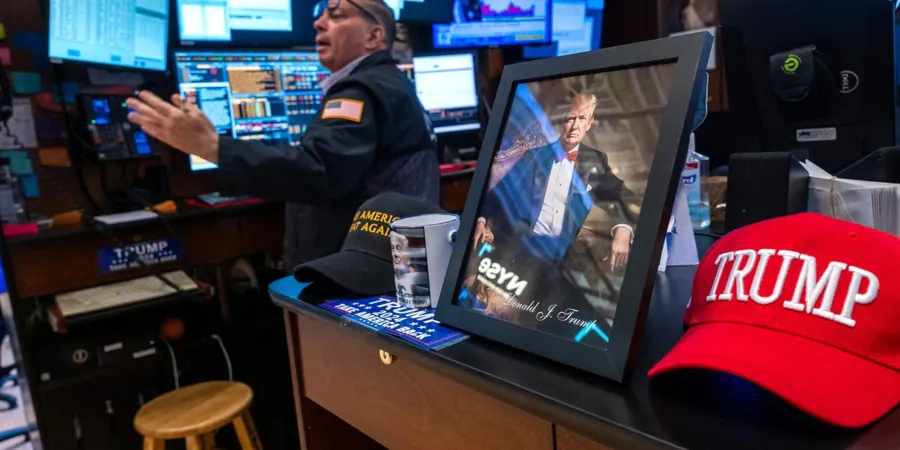
Major Safety Alert: Hong Kong Bans Power Banks on Flights Amid Fire Hazards!
2025-03-27
Author: Kai
Introduction
In a decisive move to enhance flight safety, the Hong Kong Civil Aviation Department has announced a ban on the use and charging of power banks during flights, effective April 7. This new rule comes in the wake of alarming incidents where power banks have ignited fires inside aircraft cabins, raising serious concerns about passenger safety.
Catalyst for the Ban
The catalyst for this heightened regulation was a recent fire emergency that occurred on March 20 aboard flight HX115, an A320 traveling from Hangzhou to Hong Kong. The aircraft was forced to make an emergency landing at Fuzhou Changle Airport after smoke was detected, reportedly caused by a malfunctioning power bank. Fortunately, all passengers were unharmed, but the incident has underscored the potential dangers of lithium-ion batteries commonly found in these portable chargers.
Meeting with Airlines
During a meeting on March 21 with representatives from Hong Kong-based airlines, aviation authorities urged stricter enforcement of existing carry-on regulations. As part of the new directives, passengers will now be required to carry their power banks with them at all times, prohibiting them from stowing these devices in overhead compartments. This measure aims not only to mitigate fire risks but also to ensure that any potential incidents can be quickly addressed by cabin crew.
Global Aviation Trends
The Hong Kong Civil Aviation Department's proactive approach reflects a broader trend in the global aviation industry. Many countries are tightening rules around the carriage of lithium-ion batteries on flights due to their propensity to catch fire if damaged or improperly handled.
Conclusion
As the travel season approaches, passengers are urged to take note of these new regulations to ensure a smooth journey. The question on everyone's mind is: will this be enough to prevent future incidents? Stay tuned as we continue to monitor developments in aviation safety.





 Brasil (PT)
Brasil (PT)
 Canada (EN)
Canada (EN)
 Chile (ES)
Chile (ES)
 Česko (CS)
Česko (CS)
 대한민국 (KO)
대한민국 (KO)
 España (ES)
España (ES)
 France (FR)
France (FR)
 Hong Kong (EN)
Hong Kong (EN)
 Italia (IT)
Italia (IT)
 日本 (JA)
日本 (JA)
 Magyarország (HU)
Magyarország (HU)
 Norge (NO)
Norge (NO)
 Polska (PL)
Polska (PL)
 Schweiz (DE)
Schweiz (DE)
 Singapore (EN)
Singapore (EN)
 Sverige (SV)
Sverige (SV)
 Suomi (FI)
Suomi (FI)
 Türkiye (TR)
Türkiye (TR)
 الإمارات العربية المتحدة (AR)
الإمارات العربية المتحدة (AR)